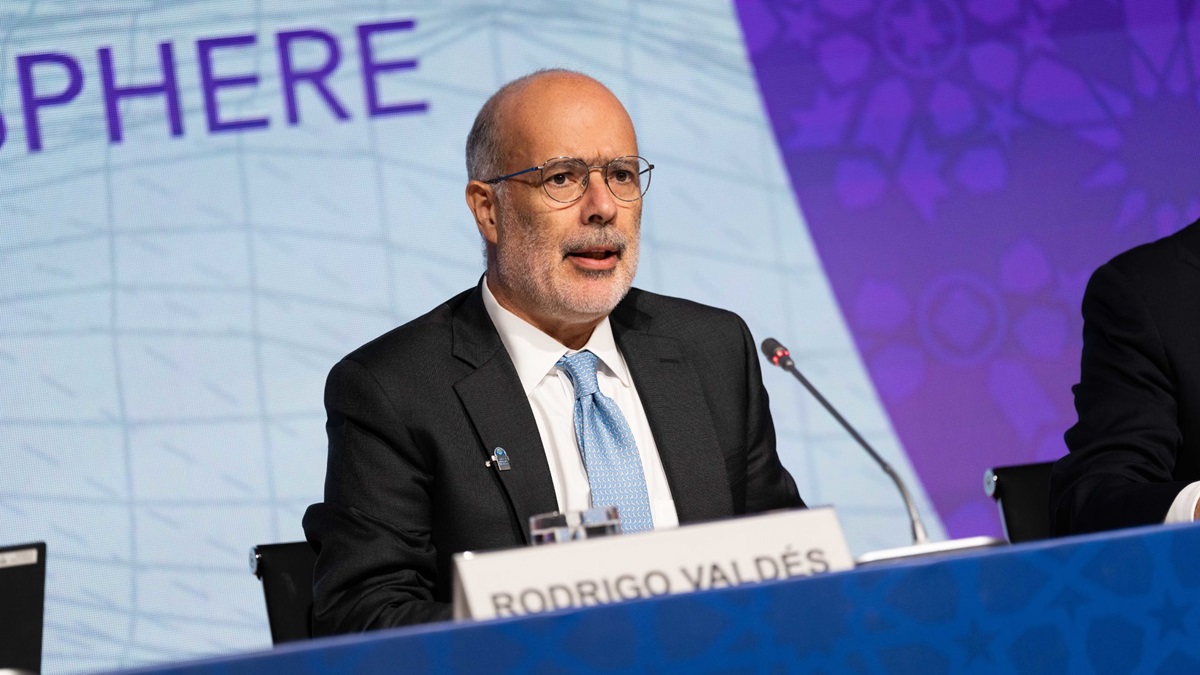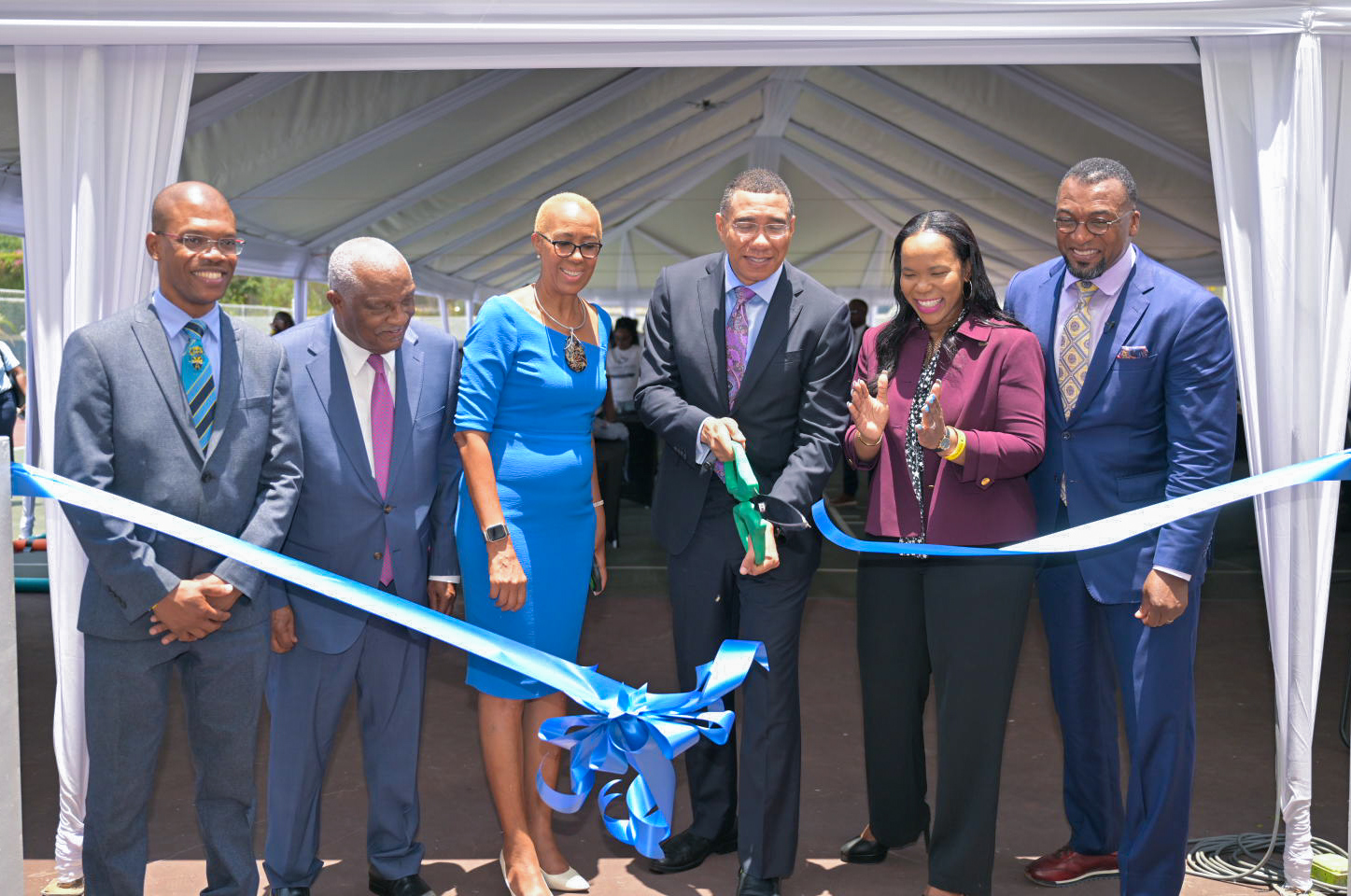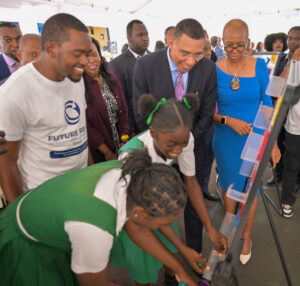#Kingston, June 18, 2023 – The quantity of paper-based banknotes now in circulation is expected to be gradually reduced over at least the next 12 to 24 months.
This, as the Bank of Jamaica (BOJ) undertakes phased disbursement of the new Polymer replacement versions.
BOJ Governor, Richard Byles, told JIS News that persons will be able to conduct transactions using the existing banknotes alongside the Polymer versions during the period.
“You will see both in circulation, and both will be legal tender. Nobody needs to worry that they will be caught with old notes. You can always bring those notes here [at the BOJ to be exchanged],” he informed.
Mr. Byles said while the BOJ only accommodates private persons in relation to exchanges, “because of the special nature of the notes [being introduced], we said [that] the public can come here too [to bring in the old notes] and get the new notes”.
He added, however, that “you can also take them to the [commercial] banks and get them exchanged.”
Meanwhile, Mr. Byles, advised that full withdrawal of the existing banknotes from circulation is “going to take a while.”
He said while the Bank has not set a specific date, “we’re going to let the [new] notes gradually go out into the system.”
“The old notes, when they come in… depending on what the quality of them is like… we’ll take them out of the system. However, there’s going to be a point in time when [after] the BOJ assesses that enough of the old notes have come in and enough of the new notes have gone out, that we can say ‘alright, everybody [who has] old notes, bring them in [within a specific period, and then] try and have a cut-off at that point,” the Governor indicated.
system. However, there’s going to be a point in time when [after] the BOJ assesses that enough of the old notes have come in and enough of the new notes have gone out, that we can say ‘alright, everybody [who has] old notes, bring them in [within a specific period, and then] try and have a cut-off at that point,” the Governor indicated.
Meanwhile, the BOJ has issued over $11 billion worth of new banknotes, since the exercise commenced on June 6 with disbursements to deposit-taking institutions (DTIs).
The new Jamaican banknotes was officially released to the public on June 15.
Mr. Byles advised that up to mid-afternoon on Friday (June 16), the total stock of notes issued totalled $11.5 billion. He said a breakdown for each denomination showed the $5000 note accounting for the highest disbursement of $4.7 billion, with the sum for the $1000 bill totalling $3.2 billion.
The equivalent value of the other disbursements were: $2000 – $1.7 billion; $500 – $1.5 billion; $100 – $250 million; and $50 – $75 million.
The new series of polymer Jamaican banknotes comprises upgraded $50, $100, $500, $1,000 and $5,000 notes, and the newly introduced $2,000 bill.
The $50 note features National Heroes, the Right Excellent Paul Bogle, and the Right Excellent George William Gordon, while Jamaica’s first National Hero, the Right Excellent Marcus Mosiah Garvey, appears on the $100 bill.
National Heroes, the Right Excellent Samuel Sharpe and Nanny of the Maroons, grace the $500 note, while National Heroes the Right Excellent Sir Alexander Bustamante, post-Independent Jamaica’s first Prime Minister, and the Right Excellent Norman Washington Manley, are featured on the $1,000 denomination.
Two former Prime Ministers, the Most Hon. Edward Seaga, and the Most Hon. Michael Manley, are highlighted on the $2,000 bill.
Another two former Prime Ministers, the Most Hon. Sir Donald Sangster and the Most Hon. Hugh Shearer, appear on the $5,000 note. This marks the second time in Jamaica’s history that a new series of banknotes is being introduced and comes 54 years after the country got its own currency in 1969.
The Polymer substrate is being used to print Jamaican banknotes because of the material’s durability, compared to the paper format, which is expected substantially lower associated costs.
Contact: Douglas McIntosh
Release: JIS

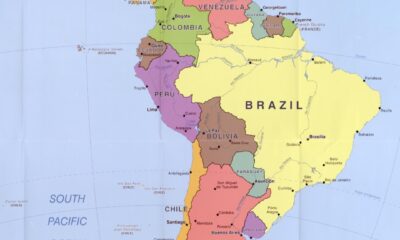
 Latin America and Caribbean1 week ago
Latin America and Caribbean1 week ago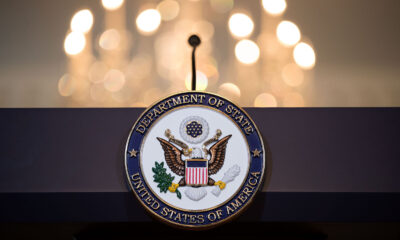
 Crime1 week ago
Crime1 week ago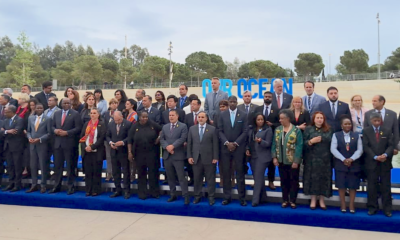
 Bahamas News1 week ago
Bahamas News1 week ago
 Bahamas News6 days ago
Bahamas News6 days ago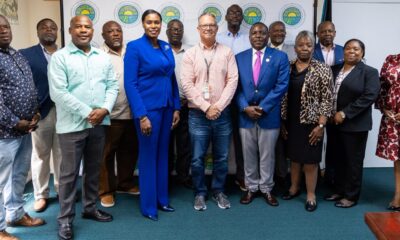
 Bahamas News7 days ago
Bahamas News7 days ago
 Caribbean News1 week ago
Caribbean News1 week ago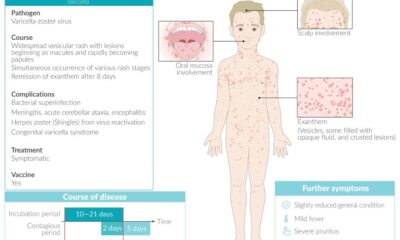
 Health6 days ago
Health6 days ago

